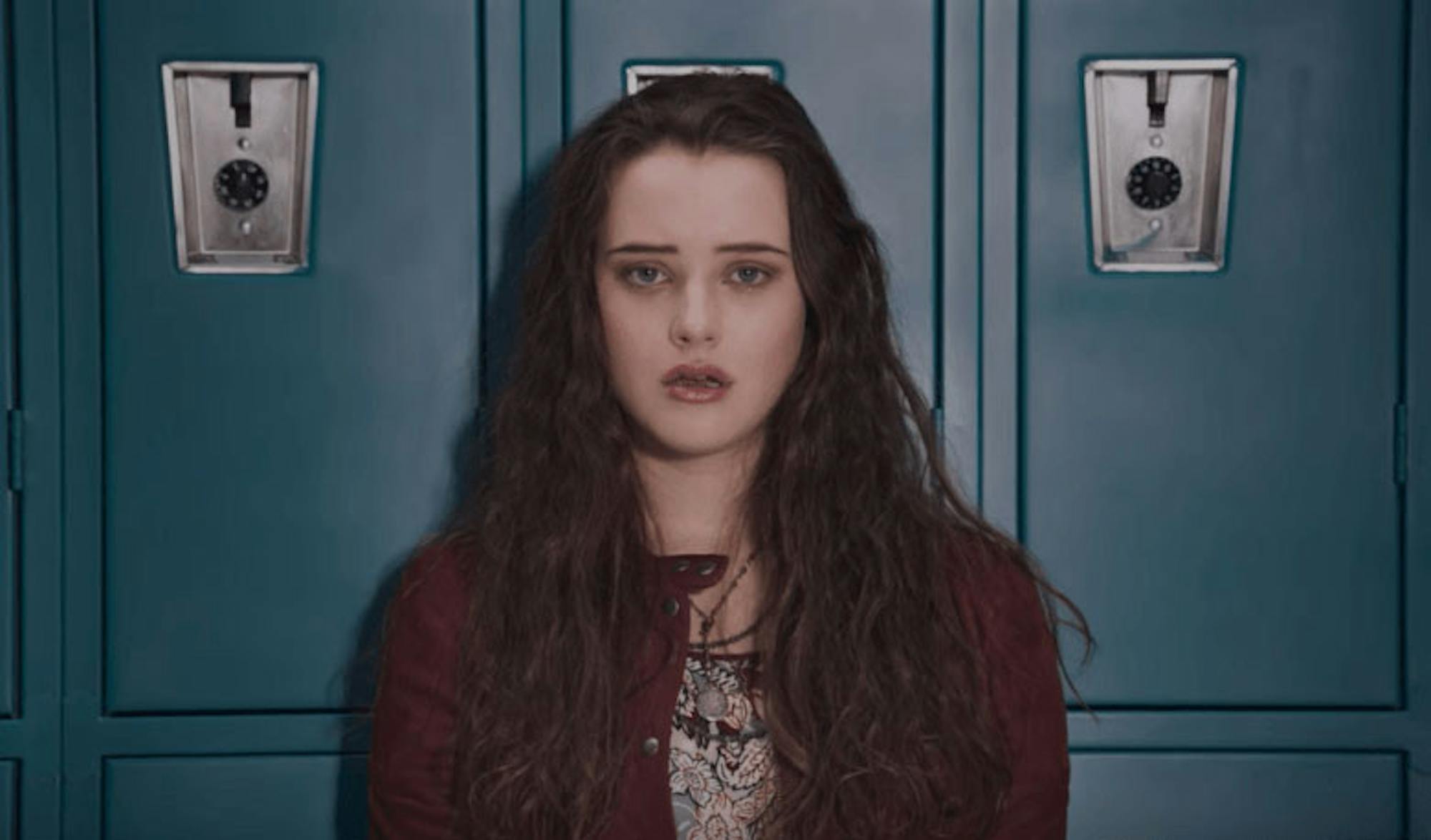Content Warning: This article mentions suicide and sexual violence.
“13 Reasons Why” (2017) premiered on March 31 as Netflix’s newest television series. The show, based on Jay Asher’s young adult novel of the same name, follows the causes and effects of a teenager’s suicide.Clay Jensen (Dylan Minnette) receives a mysterious box of 13 cassette tapes, each of which, he soon learns, outlines a reason why his recently-deceased friend Hannah Baker (Katherine Langford) killed herself.
The series continues through Clay’s journey of grief and agony as he ultimately discovers why he is one of the subjects of the tapes. The show tackles mature and grave subject matter, including bullying, depression and rape, in order to bring to light important issues facing teens and young adults. The show’s criticism of school systems’ inability to properly and effectively offer support to its students is clear throughout the season. It also briefly but significantly touches upon the difficulty that survivors of sexual assault face when the validity or severity of their stories are questioned.
Minnette’s performance carries the show throughout the season by truly concentrating on the isolation and anguish of his character in the aftermath of Hannah’s suicide. Through flashbacks of life before Hannah’s death, Minnette and Langford’s chemistry helps to portray an adorable budding romance that is constantly made tragic with the knowledge of the inescapable. Olivia Baker (Kate Walsh), Hannah’s mother, is perhaps the most realistic and believable of all the characters; Walsh especially excels in depicting the raw and inconceivable misery of a mother who was recently blindsided by the death of her daughter. While other parts of the plot can sometimes feel rooted in melodrama or teen angst, Olivia Baker’s search for justice through her lawsuit against Hannah’s high school is consistently the only storyline that stays grounded in realism.
Although “13 Reasons Why” is an important story that brings awareness to the reality of the effects of bullying and teen suicide, it ultimately delivers a disappointing plotline and fails to appropriately target its intended audience. The idea that a teenager planned out and recorded 13 tapes in the days leading up to her suicide quickly becomes an obvious gimmick in the unveiling of the traumatic events that led to her isolation and feelings of hopelessness. The plot also seems to sacrifice the natural development and exploration of Hannah’s character for the organized format of the story that the tapes create; viewers might be left wondering why Hannah never reaches out to her parents, whom she appears to have a strong relationship with. Furthermore, the show features very explicit and startlingly realistic depictions of rape and suicide that are graphic for even a mature, adult audience. The creators seem to opt for the sensationalism of literal, unapologetic scenes of these topics rather than tailor to the teen audience of the original novel.
The story of “13 Reasons Why” is more about Hannah’s revenge on the people who were the “reasons” for her death than how a person experiencing such depression and thoughts can get the help they need. The show undoubtedly creates a powerful and important message on the impact of bullying and the importance of support systems. Yet, it ignores the key figure in this bullying. The series seems to explain how friends and family can have a significant role in suicide prevention by having the characters realize through the tapes how they impacted Hannah’s life; it does little to actually address how to help oneself if a person is having similar thoughts or experiences as the show depicts. When tackling such heavy subjects, the creators need to be more aware of the messages they are communicating to their audience. For a show that tries to emphasize the importance of supporting those experiencing bullying or depression, “13 Reasons Why” itself offers little to no support to those people.
Netflix's '13 Reasons Why' tries to address important issues, fails

Katherine Langford plays Hannah Baker, a teenage girl who narrates the events that led to her suicide through audio tapes in '13 Reasons Why.'
Summary
The first season of "13 Reasons Why" is captivating but ultimately fails to effectively tackle mature subject matter.
3 Stars





